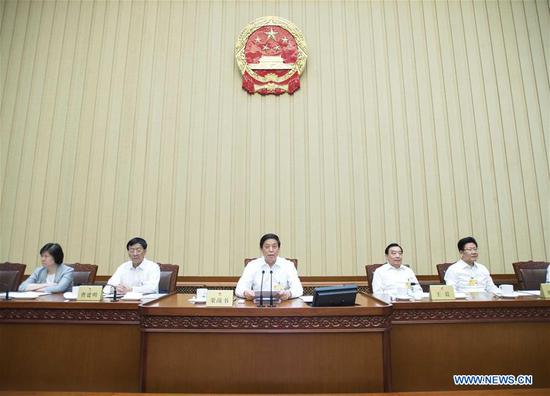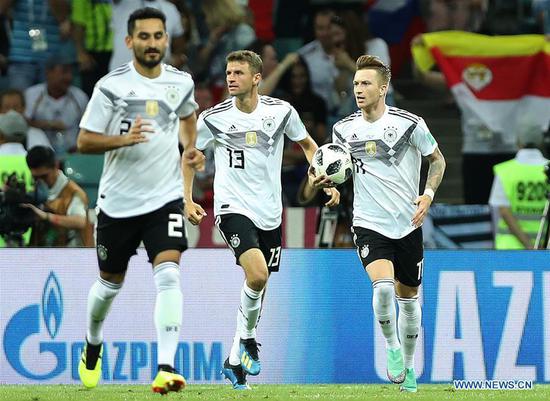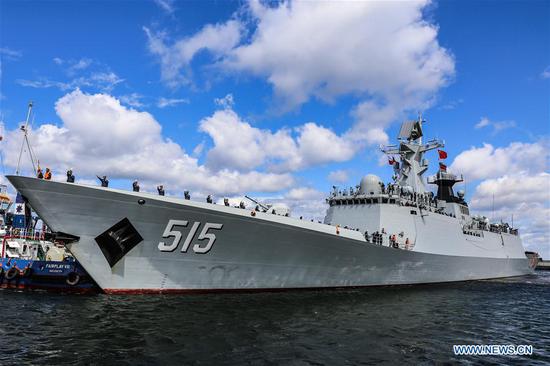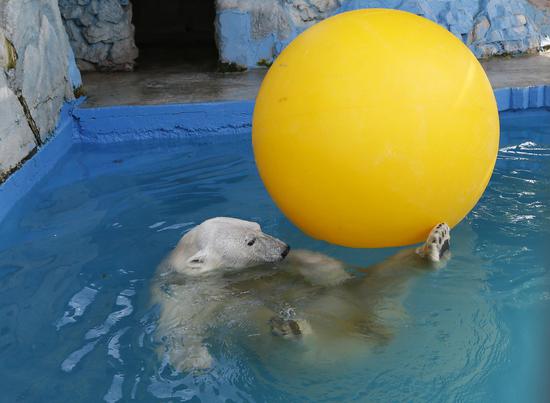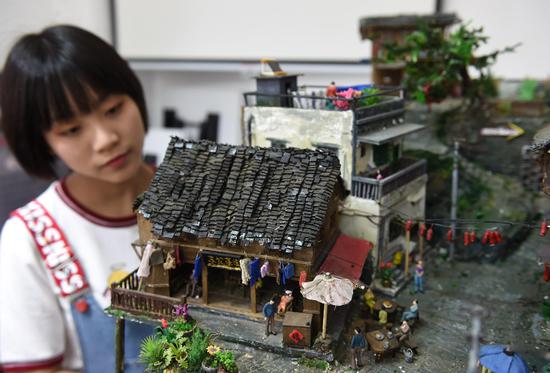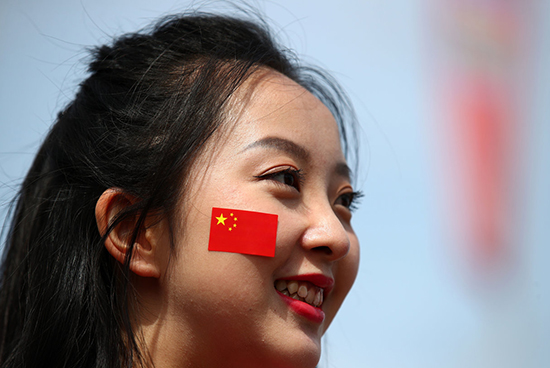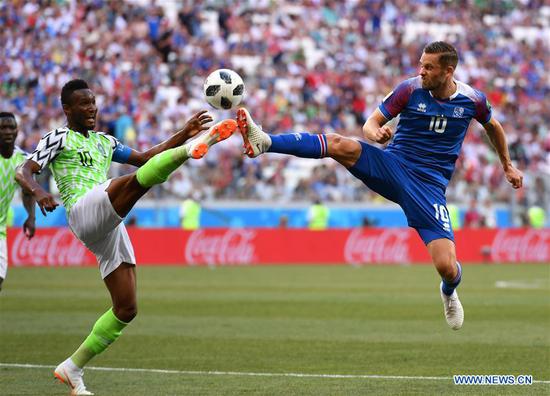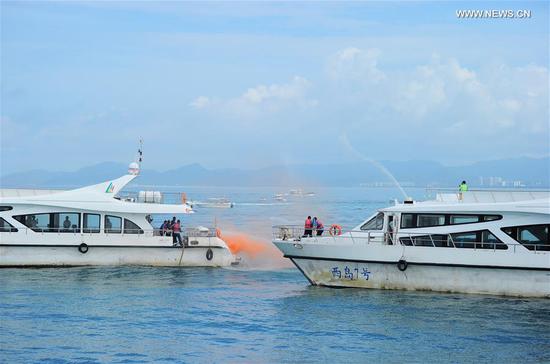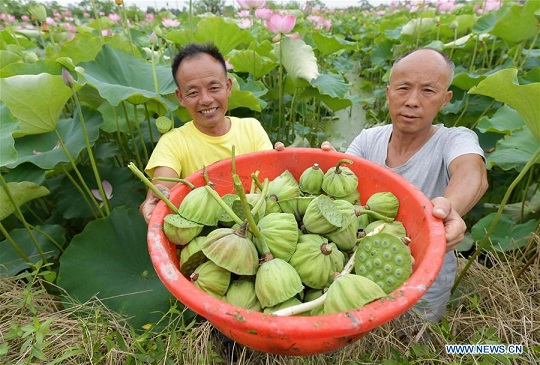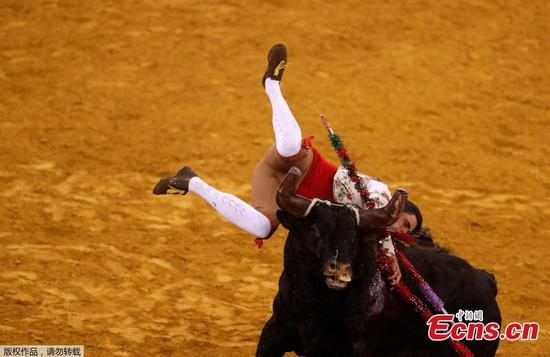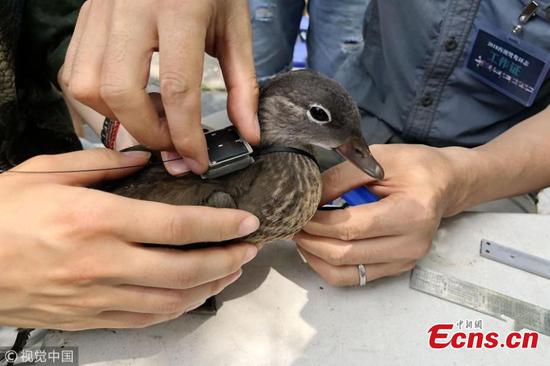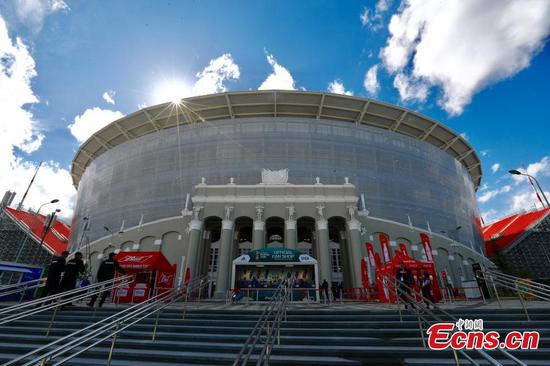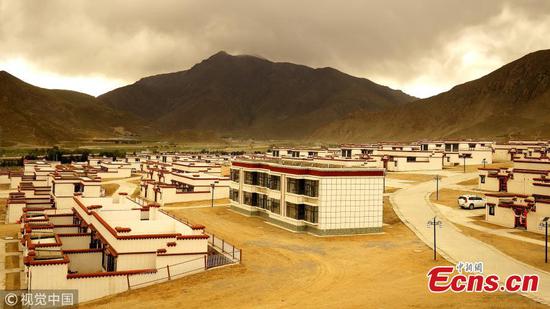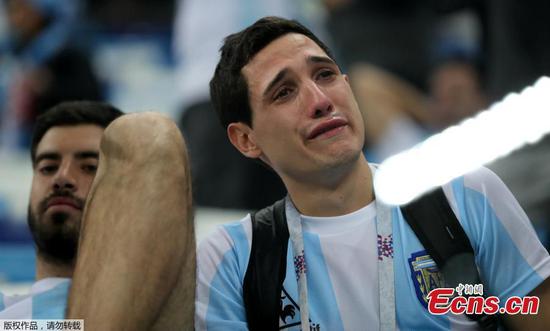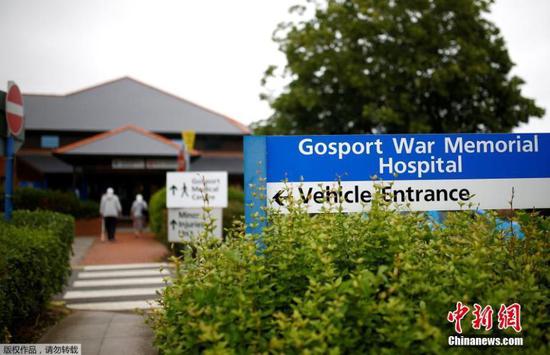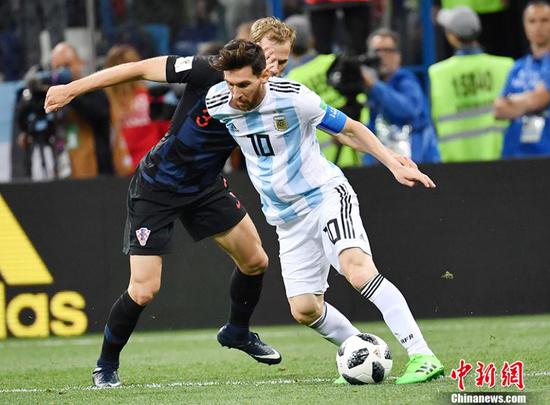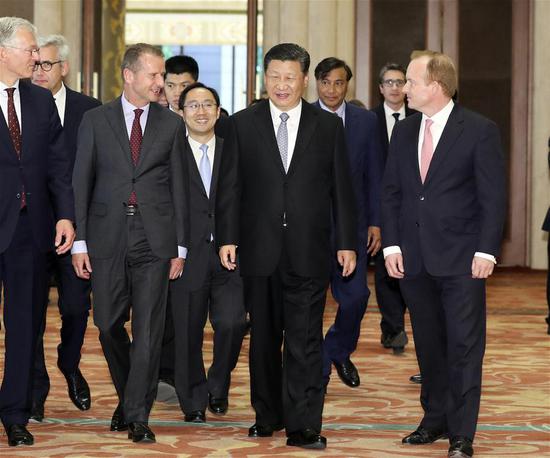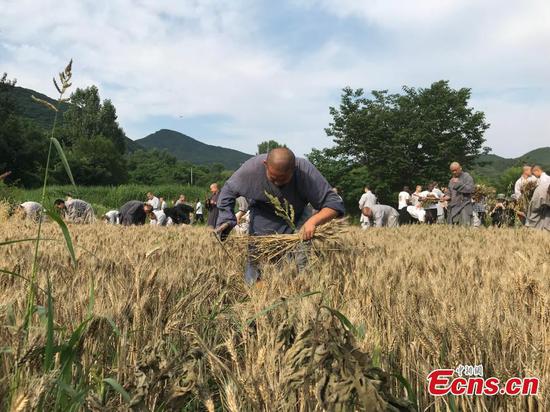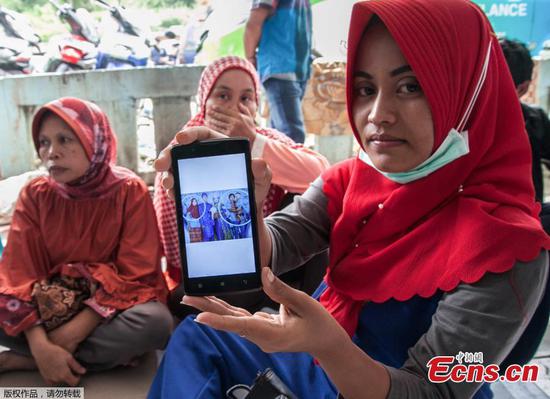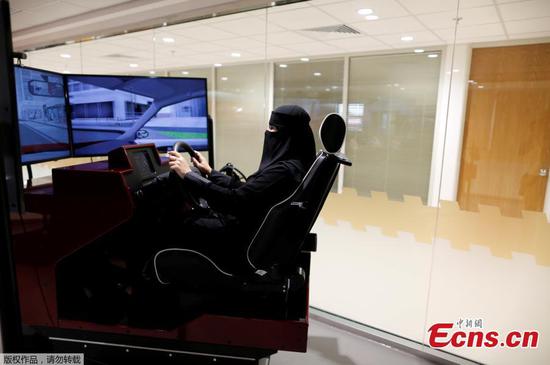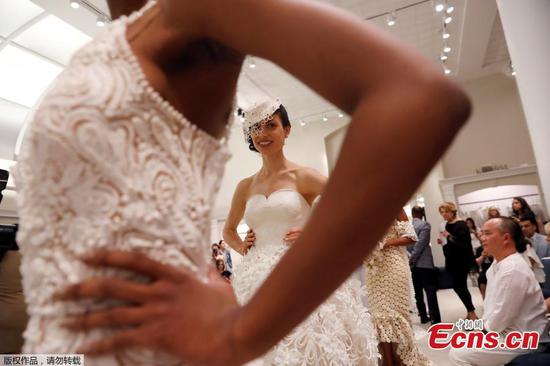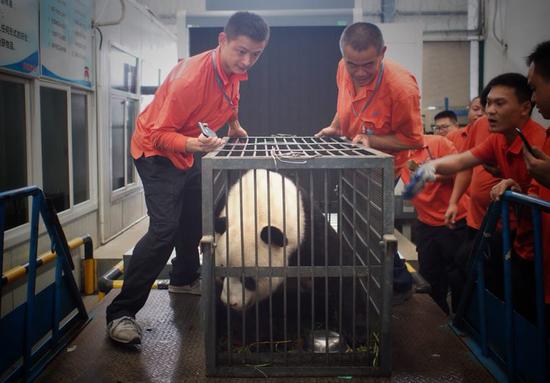As U.S. President Donald Trump deals with the greatest crisis since he's taken office in dealing with migrants from central America entering the U.S., Europe hasn't necessarily been peaceful either. The EU is facing the largest immigration crisis since WWII, as disagreement is spreading across the continent in regards to how to handle refugees and migrants.
Leaders from 10 European Union member states will meet in Brussels on Sunday to discuss migration. German Chancellor Angela Merkel will try to persuade other leaders to further curb immigration and restrict the movement of asylum seekers to keep her ruling coalition from crumbling at home.
"Italy won't be the doormat of Europe"; "Italy only helps Italians." These remarks made by newly-elected Italian Interior Minister Matteo Salvini. He declined two more rescue ships from entering the country last week, the second time in a month this hard-line populist politician has given the cold shoulder to refugees and migrants.
"The new government of Italy is a populist government, and the Five Star Movement has taken this kind of position in anti-immigration. It said it wants to keep all the immigration out of the door of Italy,” said Jiang Shixue, a professor at Institute of Global Studies at Shanghai University told CGTN.
“[The] Italian economy is in terrible shape. Its own people are becoming homeless. So the government said they need money to take care of their own people. Therefore it is quite logical for the new government to keep foreign immigrants out of its door.”
Matteo Salvini is not the only European politician determined to do that. Leaders of the Visegrad Group, formed by Poland, Czech Republic, Hungary and Slovakia, have decided they will not be attending an EU mini-summit.
The Hungarian legislature passed a package of laws on Wednesday to bring the punishment for anyone convicted of helping a person who enters the country illegally to up to a year in prison. It also passed a finance bill on Tuesday slapping a 25 percent tax on NGOs suspected of helping migrants.
Leaders of the group said the solidarity of their religion and people will not be sacrificed for outsiders, a consistent stance they have been taking since the crisis started in 2015.
Other leaders are still weighing in.










